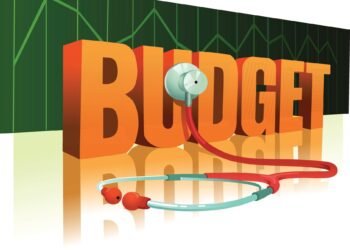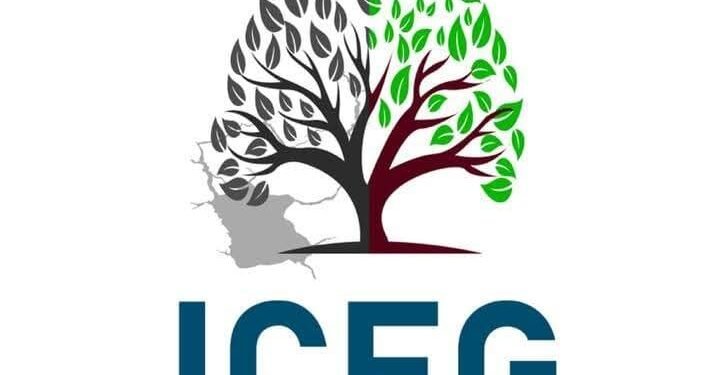Ghana’s economy has begun 2025 on a positive note, recording a growth rate of 5.3% in the first quarter, surpassing the 4.9% registered during the same period in 2024.
The latest data released by the Ghana Statistical Service (GSS) highlights a remarkable turnaround, especially within the non-oil sectors, which grew at an even more impressive 6.8%.
This growth trajectory is seen as a reflection of increased economic activity and a rebound in key sectors such as Services and Agriculture, offering fresh hope for the country’s post-pandemic recovery and fiscal consolidation goals.
The Services sector stood out as the main engine of growth in the first quarter, accounting for the bulk of the expansion. According to Government Statistician Dr. Alhassan Iddrisu, the sector was propelled by robust performances in Information and Communication Technology (ICT), Finance and Insurance, Health and Social Work, and Transport and Storage.
“These sub-sectors showed strong resilience and consistent output, particularly the ICT sector, which continues to benefit from digital transformation initiatives and growing demand for digital services,” Dr. Iddrisu stated during the GSS press briefing.
The continued dynamism in ICT and Finance reaffirms Ghana’s shift toward a more service-oriented economy, supported by innovation and increased investment in tech infrastructure. Digital financial services, online education platforms, and logistics are becoming integral to the country’s economic makeup, creating jobs and new revenue streams.
Agriculture Bounces Back
After facing challenges in recent quarters, the Agricultural sector staged a rebound, contributing significantly to the growth narrative. Notably, Fishing emerged as one of the top five fastest-growing sub-sectors.
This resurgence is attributed to improved weather conditions, better access to inputs, and ongoing government support programs under the Planting for Food and Jobs initiative. Stakeholders in the agriculture value chain are optimistic that continued growth in this sector could boost food security and rural incomes.
In contrast to the upbeat performance in Services and Agriculture, the Industry sector recorded a modest growth of 3.4%, dragged down by low activities in the oil and gas sub-sector. This slowdown led to an overall contraction in the Industrial space, with negative implications for jobs and revenue from extractives.
Dr. Iddrisu explained that the contraction was primarily due to production setbacks in the oil industry, reflecting the broader global trend of reduced fossil fuel investments and price volatility.
Despite the dip, analysts believe that a rebound in industrial activity could be realized later in the year if investments in manufacturing and energy infrastructure are sustained.
Optimism Amid Mixed Sectoral Performance
The broader message from the Q1 2025 growth figures is one of cautious optimism. “All sectors recorded some level of growth, apart from the Industry sector, which experienced a contraction due to challenges in oil and gas,” said Dr. Iddrisu.
He added that the strong performance of the non-oil sector, which expanded by 6.8%, underscores the resilience of the Ghanaian economy and its potential for sustainable, diversified growth.
Government officials and economic observers have welcomed the latest figures as a sign that fiscal and structural reforms may be beginning to pay off. The increased uptake in services and agriculture also aligns with the country’s broader development goals under Ghana Vision 2030, which emphasizes inclusive and technology-driven growth.
Policy Implications and the Road Ahead
The 5.3% Q1 growth gives policymakers a stronger foundation to build upon as they confront ongoing challenges such as inflation, debt servicing, and external shocks. It also provides room for the Bank of Ghana to recalibrate monetary policy while keeping an eye on exchange rate stability and domestic investment stimulation.
Meanwhile, experts suggest that greater attention be paid to reviving industrial growth, especially in manufacturing, construction, and energy, to avoid over-reliance on the services sector.
However, the challenge now is to sustain the momentum, bridge sectoral imbalances, and translate macroeconomic gains into tangible benefits for businesses and households across the country.
READ ALSO: Republic Bank Ghana Rolls Out Low Cedi Mortgage Campaign























